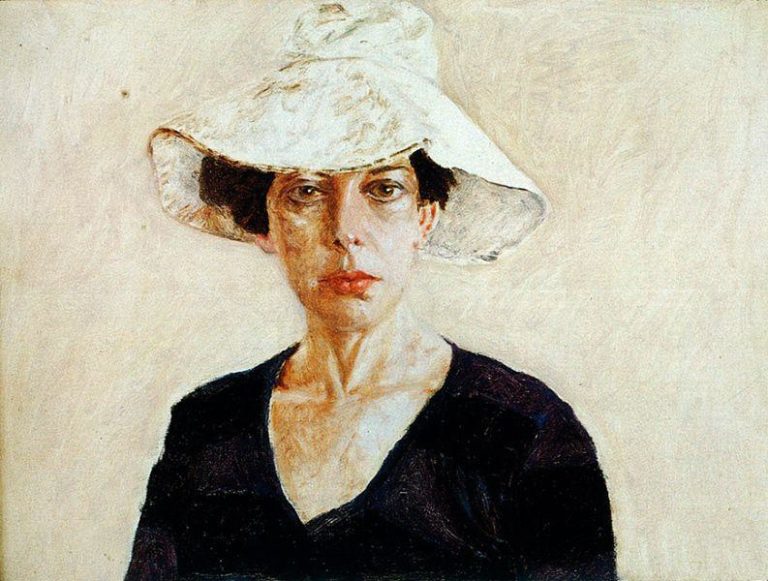Aysegul Savas has written about her experience of knowing the poet Anne Atik as a neighbour. The piece also discusses Anne’s late husband, Avigdor Arikha, and touches on the couple’s friendship with Samuel Beckett
“And look at how little I did with that,” she says, meaning her two published collections of poetry. The statement is never a complaint but reconciled melancholy. Testimony of a mother, a wife, and a support to Arikha’s consuming genius. She met Arikha in her early twenties, when she was in Paris on her way from New York to Israel, and has lived in France since. Arikha had moved to Paris some years before and wanted to stay on, to be close to Beckett, his “lighthouse.”
Anne has written of their friendship with Beckett in her memoir, How It Was, comprised in large part of the notes she took after evenings together. “After fifteen years of memorable conversations with Beckett, I realized that I could not depend on my memory. The unforgettable was becoming the irretrievable … I finally started taking notes … usually just after he’d left our house, or on returning from a restaurant.”
How It Was is one of the most loving portraits of an artist I have ever read, a record of Beckett’s kindness and extraordinary mind spilling over onto conversations and letters. There are scenes of chess with Anne’s younger daughter, Beckett’s discussions of rhyme endings in English and French, of vowels in Latin. In one conversation, he grieves the impossibility of replicating silence in fiction. Alongside this is Anne’s description of Beckett’s troubled silences.
Anne herself is inconspicuous in the memoir. Like the parenthetical line in her poem “The Model and Her Painter” (“years I eavesdropped on art history”), she listens from the margins, joins in the chanting of poems, and diligently notes Beckett’s views, rarely insisting on or sharing her own.
She writes about Beckett’s linguistic intuition, the way, when listening to translations of his work he didn’t understand, he followed the music of sentences with his tapping fingers. But absent from the book are the ways Anne herself dances with language, the lines she repeats for the pleasure of saying them, like prayers. When we were gathered around her kitchen table one evening, she asked my husband to read Anna Akhmatova’s “Muse” in Russian over and over again. Another time, we read aloud Heraclitus’s “You can’t step in the same river twice” in Greek. Just the sound of the words, Anne said, delivered the message of perpetual change— potamoisi toisin autoisi.
How It Was is as much a testimony to Anne’s gift of observation as it is to Beckett’s virtuosity. In one scene, the actress Billie Whitelaw recites Eh Joe at Anne’s home after Whitelaw and Beckett had practiced it in a café earlier that afternoon:
“We heard shingles in the shshsh’s, the swish of water, rocks, the pull of the tide, a rumble, Billie’s arms lifting and turning as though she were thrashing in the water, ourselves on the shore, overwhelmed.”
The memoir is set mostly in the backdrop of an orderly home. Anne’s two young daughters in the playroom, the table set, the courses waiting out—down to cheese and dessert—never getting in the way of conversation. There is little description of what they eat, night after night. Fish is mentioned because Beckett eats the bones, and a salad of purslane, when Beckett remarks that purslane is “a good English word.” The children come in and out of the room, sit down to play or converse. Arikha sketches them in frenzied concentration.
Aysegul Savas, ‘The Poet Upstairs’, The Daily, The Paris Review


One thought on “Remembering How It Was: Anne Atik, Avigdor Arikha, and Samuel Beckett”